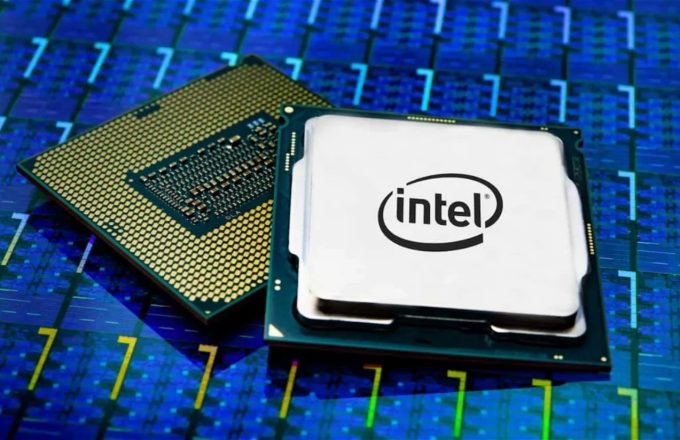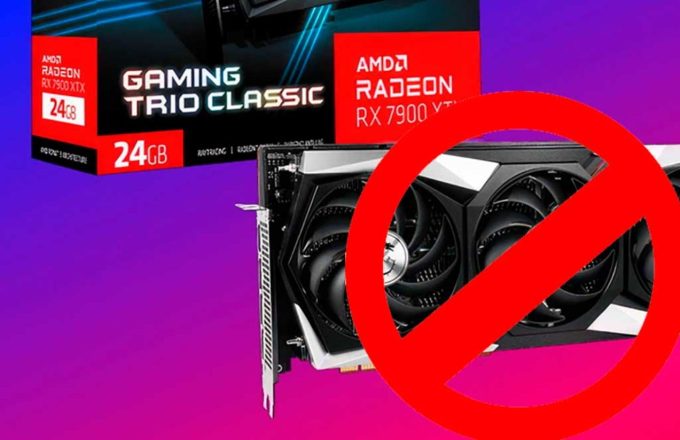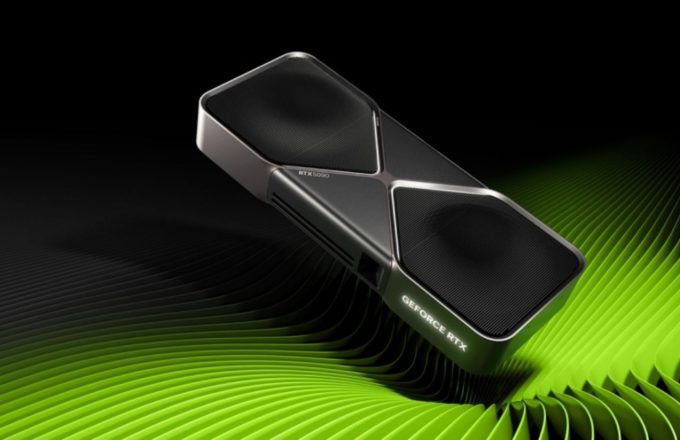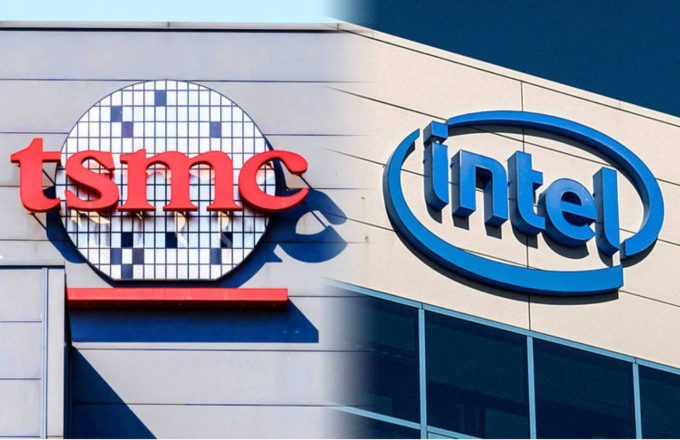Tech
 Alexander BohorquezMarch 19, 20250
Alexander BohorquezMarch 19, 20250
Windows 11 will assess whether your PC’s hardware is good or bad
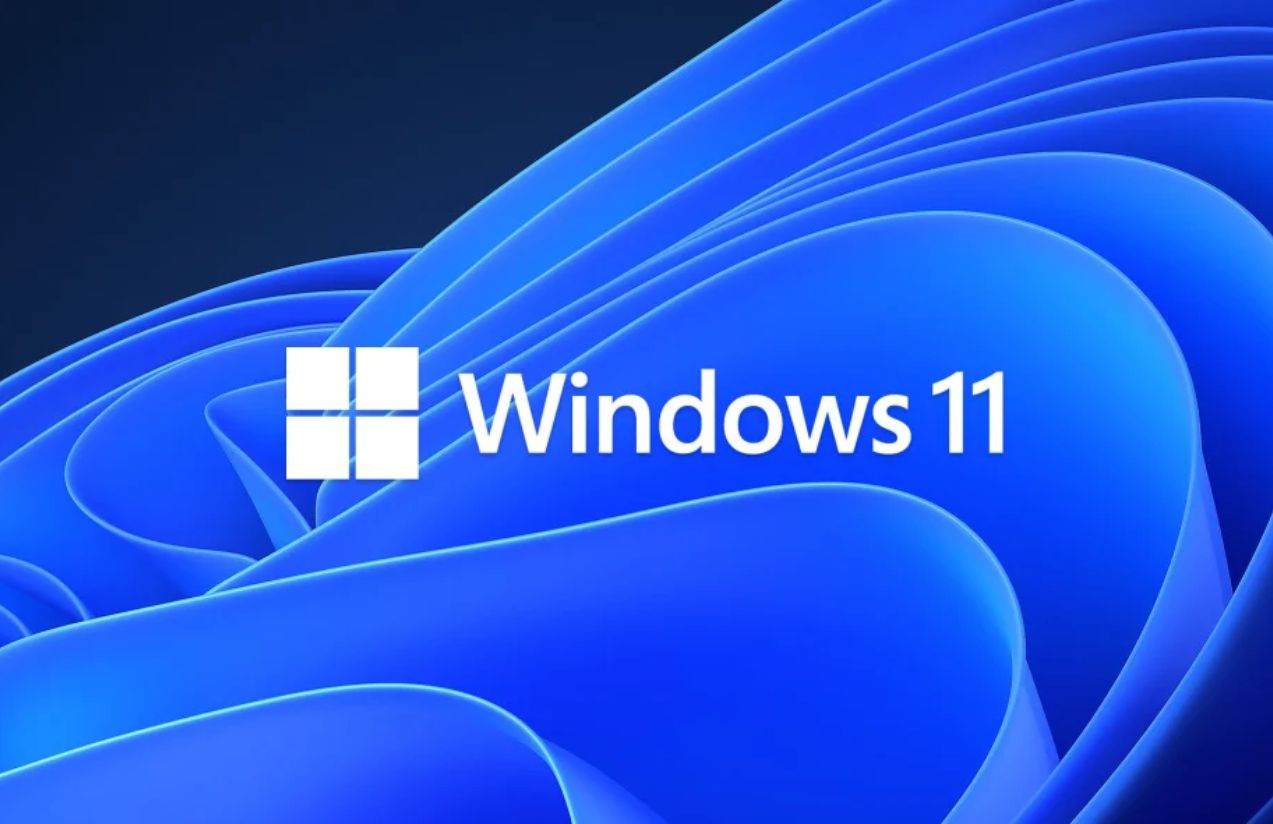
Don't miss
Related Articles
Tech  Alexander BohorquezMarch 18, 2025
Alexander BohorquezMarch 18, 2025
Google bought the cybersecurity company Wiz for $32 billion, its largest acquisition so far
Google announced a definitive agreement to acquire the U.S. cybersecurity company Wiz...
Tech  Alexander BohorquezMarch 15, 2025
Alexander BohorquezMarch 15, 2025
Buys a 400-euro processor on Amazon and receives a counterfeit so convincing that it even surprised Intel
A few days ago, we heard the story of a user who,...
Tech  Alexander BohorquezMarch 14, 2025
Alexander BohorquezMarch 14, 2025
MSI won’t sell the AMD Radeon RX 9000—another EVGA-like case?
Many hardware companies strive to bring the latest components to market, aiming...
Tech  Alexander BohorquezMarch 14, 2025
Alexander BohorquezMarch 14, 2025
NVIDIA tries to ease criticism over the distribution of GeForce RTX 50, but its response is unconvincing
Weeks after its launch, it is still difficult to find a GeForce...
Tech  Alexander BohorquezMarch 13, 2025
Alexander BohorquezMarch 13, 2025
Windows 10 is nearing its end, and Google is already encouraging us to choose its alternative
The end of Windows 10 is approaching quickly, and starting in October,...
Tech  Alexander BohorquezMarch 13, 2025
Alexander BohorquezMarch 13, 2025
ASUS will manufacture the new portable Xbox console
In recent years, some of the leading hardware brands have been investing...
Tech  Alexander BohorquezMarch 12, 2025
Alexander BohorquezMarch 12, 2025
TSMC is ready to take control of Intel’s chip factories, but it doesn’t want to do it alone
The Trump administration has requested TSMC’s help in rescuing Intel’s semiconductor factories,...
Tech  Alexander BohorquezMarch 11, 2025
Alexander BohorquezMarch 11, 2025
Sony caught using AI in PlayStation characters
More and more companies are looking to integrate artificial intelligence into their...













